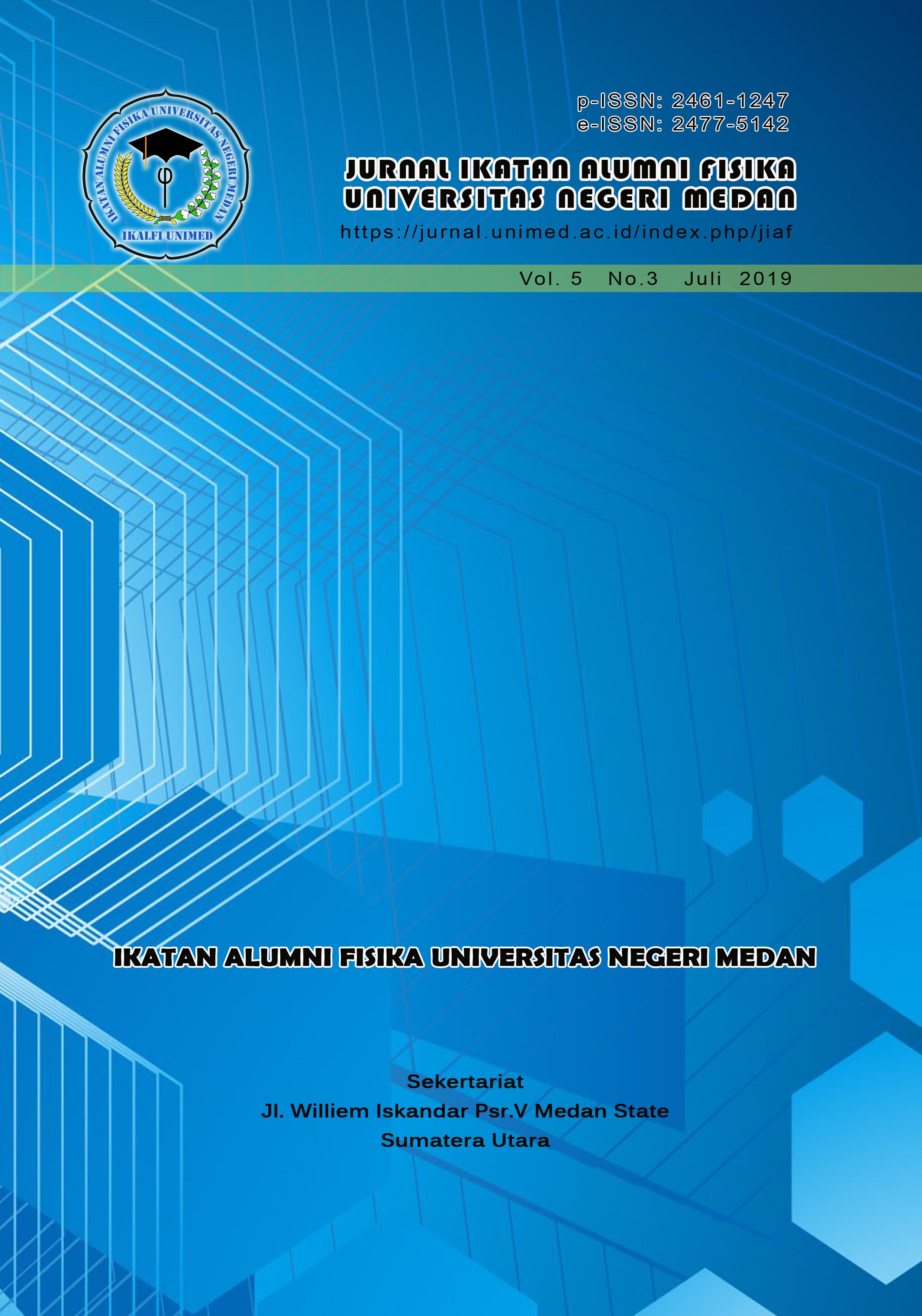Pengembangan Tes Objektif Higher Order Thinking Skill (HOTS) Fisika Materi Suhu dan Kalor di SMA/MA
DOI:
https://doi.org/10.24114/jiaf.v5i3.14683Keywords:
HOTS, Suhu dan Kalor, Validitas, ReliabilitasAbstract
Penelitian ini bertujuan untuk mengembangkan soal-soal tes objektif Higher Order Thinking Skill (HOTS) fisika materi Suhu dan Kalor di SMA/MA yang memenuhi kualifikasi baik, meliputi aspek validitas, reliabilitas, daya pembeda, tingkat kesukaran, dan efektivitas pengecoh. Jenis penelitian ini adalah penelitian dan pengembangan (R&D), dengan model Borg dan Gall. Hasil penelitian menunjukkan bahwa validitas isi dari tes objektif HOTS Fisika materi Suhu dan Kalor di SMA/MA adalah Sangat Valid dengan persentase 97,56%. Ditinjau dari validitas empiris, diperoleh 32 butir soal (64%) valid dan 18 butir soal (36%) tidak valid. Reliabilitas tes tinggi, yaitu 0,72. Dari penelitian ini diperoleh tes objektif HOTS materi Suhu dan Kalor sebanyak 32 soal, meliputi 10 soal (31%) mengenai pemuaian, 9 soal (28%) mengenai hubungan alor dengan suhu benda dan wujudnya, 4 soal (13%) mengenai asas Black, dan 9 soal (28%) mengenai perpindahan kalor. Tes HOTS ini dapat digunakan sebagai tes standar untuk mengukur kemampuan berpikir tingkat tinggi siswa pada materi Suhu dan Kalor di SMA/MA.Downloads
Published
2019-09-27
Issue
Section
Articles
License
Copyright (c) 2019 JURNAL IKATAN ALUMNI FISIKA UNIVERSITAS NEGERI MEDAN

This work is licensed under a Creative Commons Attribution 4.0 International License.
Authors who publish with this journal agree to the following terms:- Authors retain copyright and grant the journal right of first publication with the work simultaneously licensed under a Creative Commons Attribution License that allows others to share the work with an acknowledgement of the work's authorship and initial publication in this journal.
- Authors are able to enter into separate, additional contractual arrangements for the non-exclusive distribution of the journal's published version of the work (e.g., post it to an institutional repository or publish it in a book), with an acknowledgement of its initial publication in this journal.
- Authors are permitted and encouraged to post their work online (e.g., in institutional repositories or on their website) prior to and during the submission process, as it can lead to productive exchanges, as well as earlier and greater citation of published work (See The Effect of Open Access).

